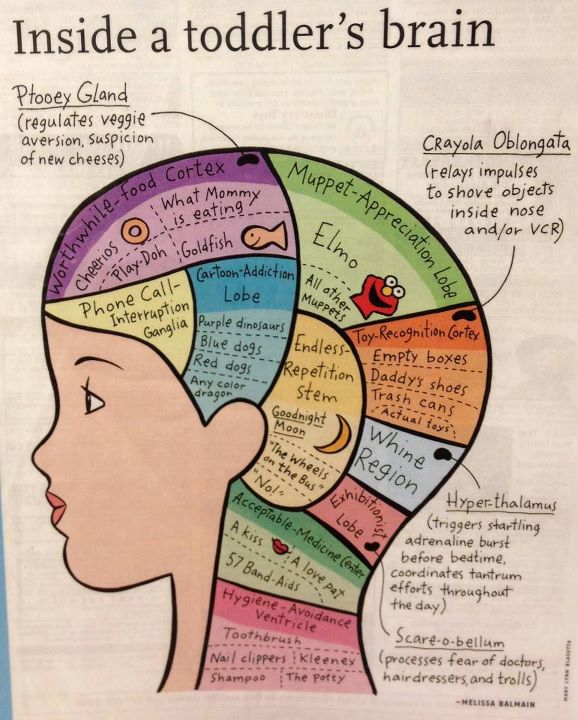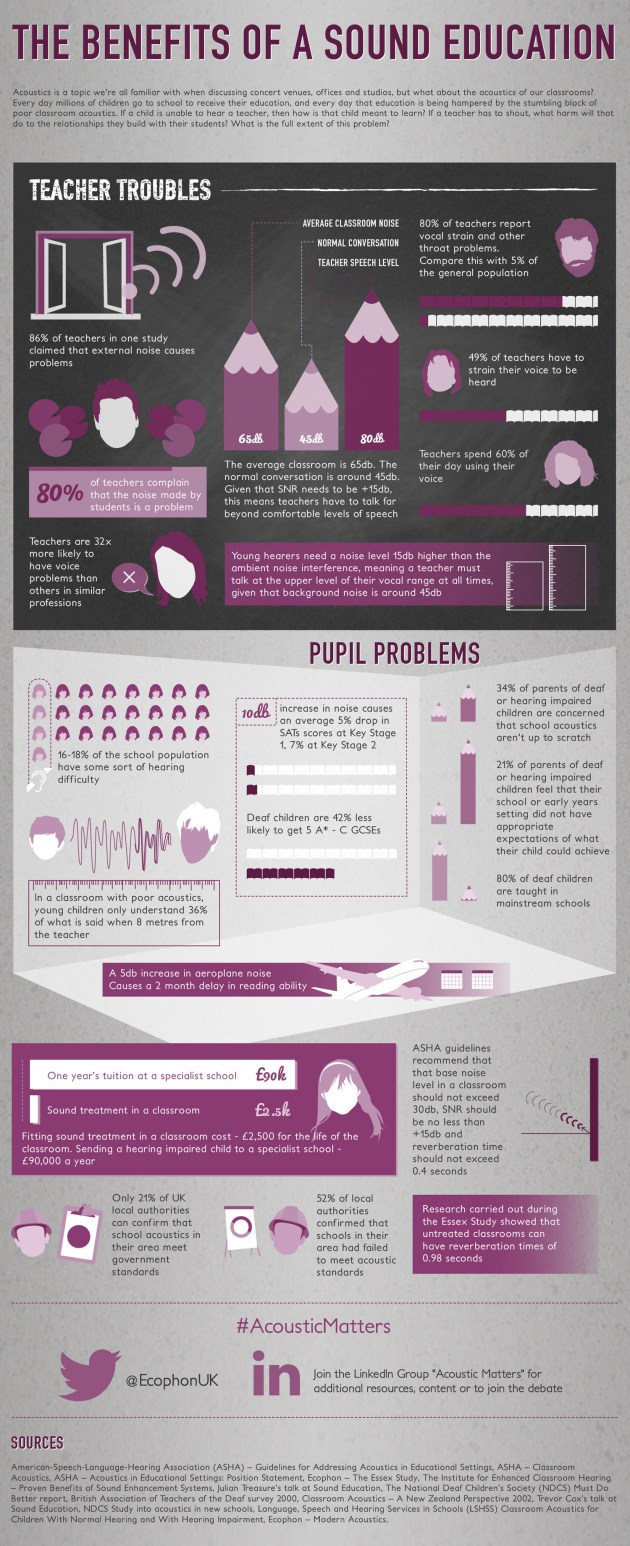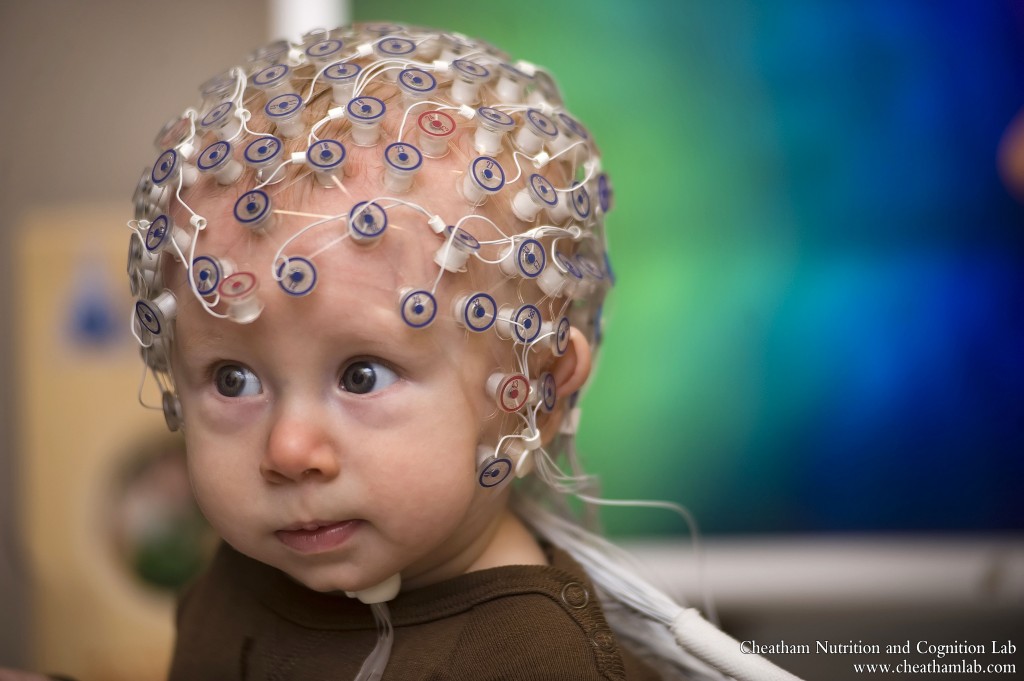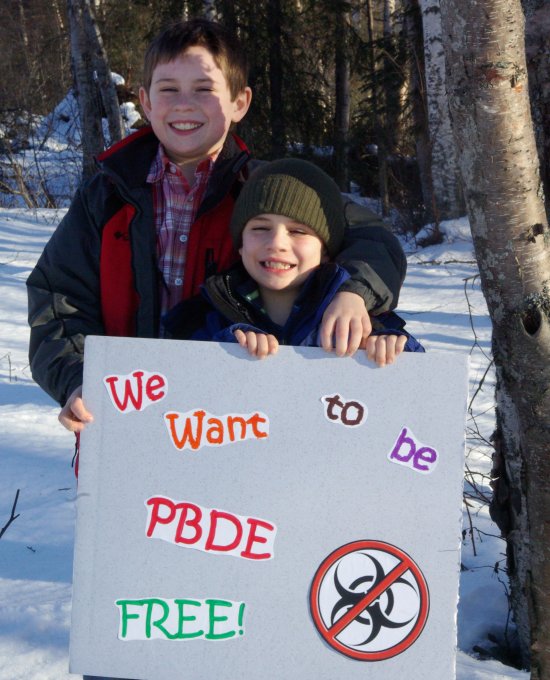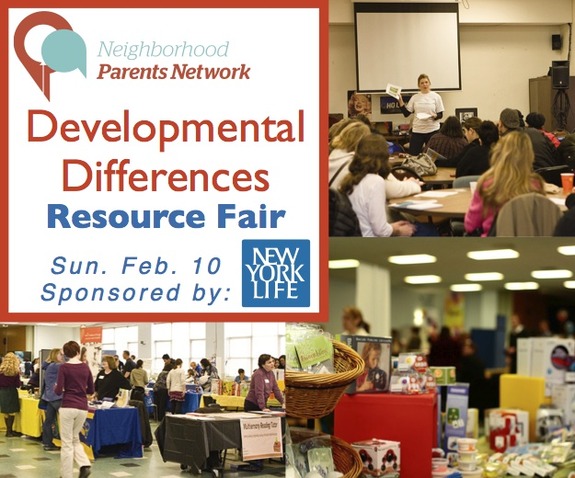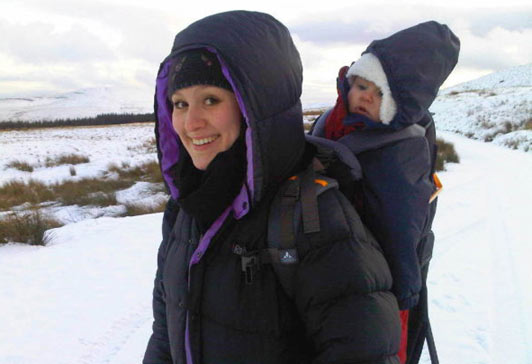When it comes to teaching toddlers new words, a hands-off approach might be all right. The results of a new study from the Journal of Applied Science may shed light on how young children learn new words and what parents and therapists can do to help in speech therapy. The results indicate direct for language development in toddlers, explicit instruction might not always be the best for learning new words.
How Television is Effecting your Child’s Behavior
NewsTelevision can be a social activity (the Superbowl, Oscars, Grammys) or a solitary one. For children whose brains are just developing, the ever present question is: is this medium a good one for development? As a healthcare specialist, a speech pathologist is concerned about a lot more than language. In order to provide therapy to the whole child, we must become experts in many aspects of child development- cognitive, motor, behavior, attention, learning- these all influence how our patients progress and participate in speech therapy. It’s no surprise then that parents often ask about what is appropriate or good for their child, “should he play the iPad?” “Is Facebook safe?”- and “How much television is ok?”
Does Your Baby Need Early Intervention Speech Therapy? How Brain Structure can Predict Language Development
News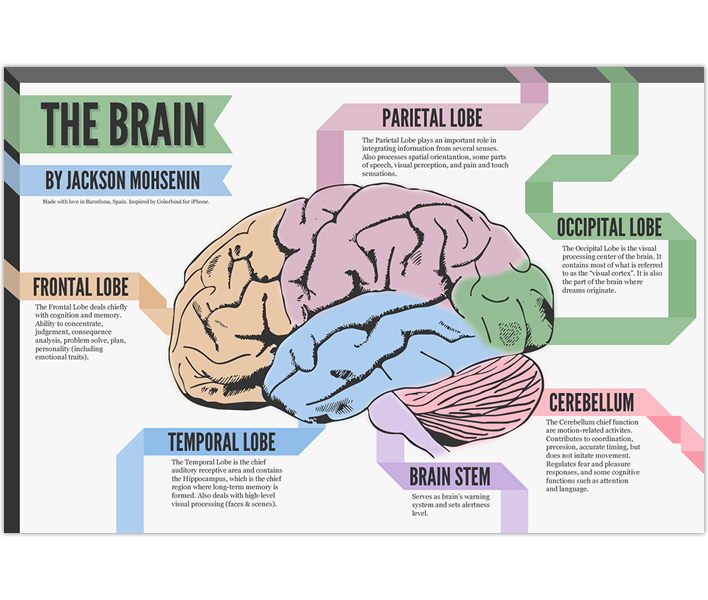
Source: dribble.com
The effects of early intervention services on children’s language, motor and cognitive development are well researched. Until now, the most challenging part of providing these services has been identifying children early enough to intervene. Thankfully, the results of a new study published in the journal of Brain and Language may help therapists identify and provide speech therapy to at-risk infants even sooner.
A Noisy Classroom Can Help Children with Hearing Impairment in Speech Therapy
News Speech DisordersWhen it comes to classrooms, a new study suggests it might actually be beneficial to crank up the volume, for children with hearing loss at least. The study, from Jessica Sullivan, assistant professor of speech and hearing sciences at the University of Washington found that a noisy classroom environment could help train youngsters with hearing-impairment who struggle to comprehend speech over the sound of the environment. Normal brains do this on a daily basis, sorting out background sounds of the music playing to help us listen to the conversation. But for hearing impaired children, this task is not so easy. Children with hearing loss take in sound more slowly, and the brain isn’t experienced or equipped enough to drown out the background noise. This study helps support speech therapy techniques and treatment methods for children with hearing loss and is the first of its kind to demonstrate that auditory training with noise can work in children. Continue reading
The Digital Dilemmas of Ebook Reading with Children
News
Ebooks are everywhere – from the classroom to the coffee table – and it’s apparent that this is changing the face of reading for our kids. According to a new report from Digital Book World and PlayScience, more than half of U.S. children are reading ebooks – that’s twice the number of adults! This includes platforms such as iPads, NOOKs and Kindle Fires. The report, “The ABCs of Kids & Ebooks: Understanding the E-Reading Habits of Children Aged 2-13”, finds that among children ages 2-13, 54% are reading ebooks. Most of these children, 85%, are doing so once a week. Knowing shared parent-child book reading is an integral part of language development and crucial for speech and language therapy – what do we really know about these books? Are digital stories really the same as paperback books? What are children gaining or losing as e-readers? Here’s the rundown:
Calling Colorado Parents: Inclusive Education Conference Coming Your Way!
Individualized Education Program (IEP) Legal Issues News Other Resources School State ResourcesSupporting the Science of Speech: 10 Ways to Involve Your Child in Research
NewsHow do children learn new words?
What is the risk of a sibling developing Autism?
If you follow the news headlines you likely already know that developmental research- the science of how children learn and change overtime- is booming. In addition, the causes and implications of developmental disabilities- why some children develop disorders and some do not – is even more dynamic. If you have ever considered involving your child in research, now is the time. Participating in research can be a fun and exciting experience for children of all ages and takes place all over the country. Clinical practices and methods in speech pathology rely heavily on research into how the normal brain and disordered brain works. Child scientists are vital to our communities and can help shed light onto the most pressing developmental issues and help improve speech therapy techniques.
Parent Warning: Developmental Delays Linked to Flame Retardants
NewsWow! This is one piece of scary news. A study published in November in the journal Environmental Health Perspectives has linked prenatal and childhood exposure to flame retardant chemicals to certain neuro developmental delays. Yikes! I thought flame retardant products were supposed to keep our children safe, not harm them… The study research was done at University of California’s Berkeley School of Public Health, so I tend to take their findings seriously. Continue reading
Special Event – Chicago Special Needs Resource Fair Next Month
News State ResourcesCalling all Chicago parents of special needs children! Whether you are looking for information on speech therapy techniques, schools, summer camps or any other resource, this annual fair is not to miss. Its’ coming up soon on February 10th. You can find more information including location and directions below. The event is organized by Neighborhood Parent Network (NPN) and is officially called “The Developmental Differences Resource Fair.”
And not only is NPN committed to helping parents of special needs children find resources, but their associate executive director Melanie Schlachter knows first hand how important it is to have tools at hand. Schlachter says, “As the parent of a child who was recently diagnosed with a developmental difference, I’ve just been absolutely amazed by all of the extraordinary resources that exist to help kids with different challenges.” Continue reading
Developmental Delay Alert: Is Mountain Living Dangerous To Your Baby’s Brain?
Language Development NewsFor children who are born and live in high altitude regions, researchers have discovered a link between extreme altitudes and developmental delays. This may lead to an increased need for speech therapy techniques and practitioners in the affected areas. The study, by Dr. George Wehby, Professor of Health Management and Policy at University of Ohio, analyzed the developmental health of over 2,100 South American children looking for neurodevelopmental issues. The findings were staggering.

